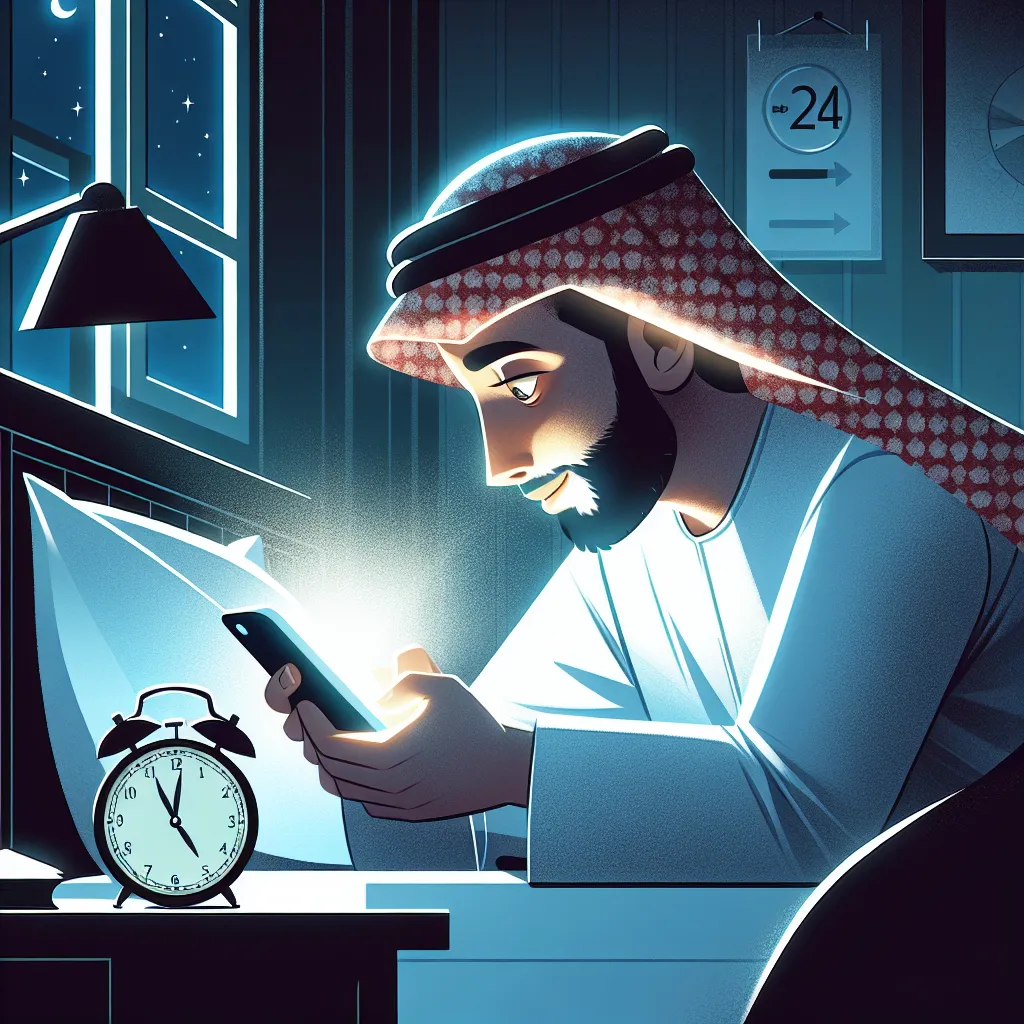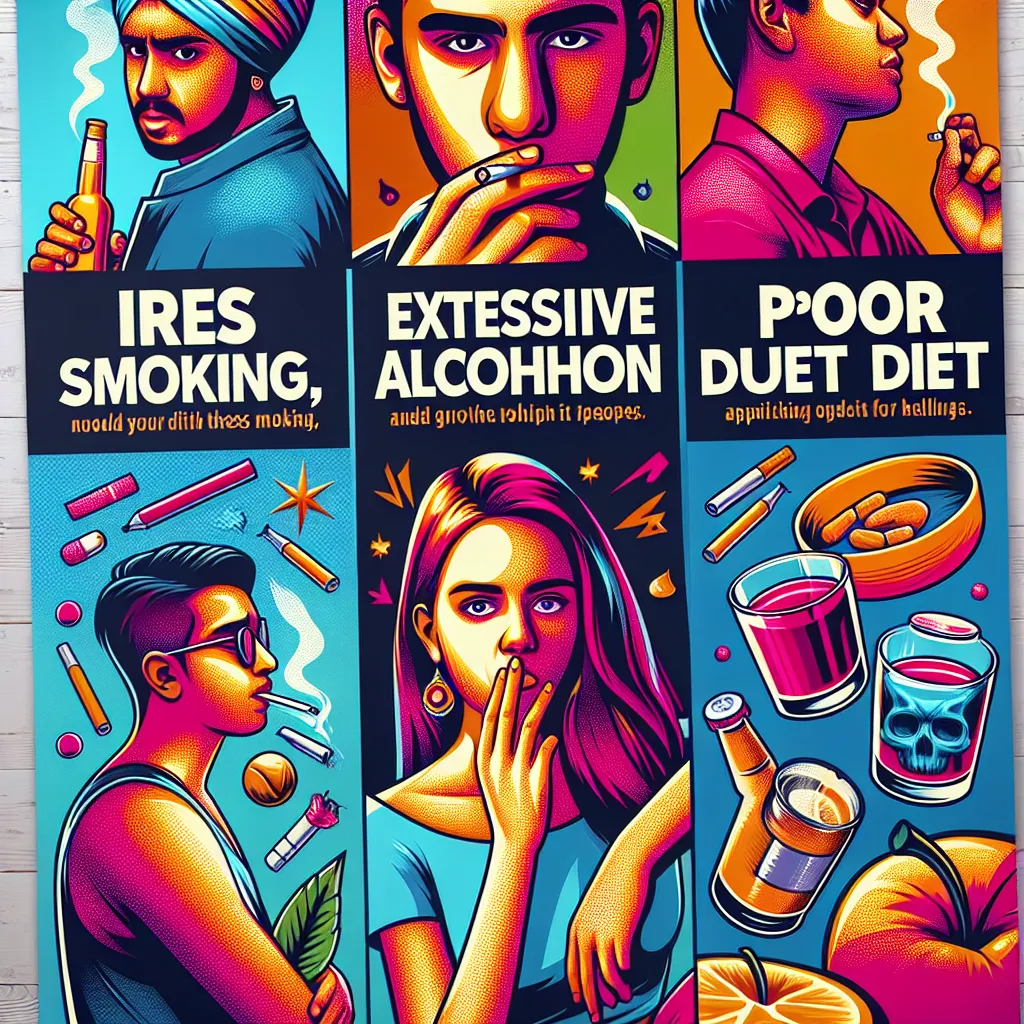Technology’s impact on sleep patterns is a fascinating and increasingly relevant topic in today’s digital age. As an IELTS Writing Task 2 expert, I’ve observed this theme appearing more frequently in recent exams. Given its relevance to modern life and its potential to test a wide range of vocabulary and analytical skills, I predict this topic will continue to be popular in future IELTS exams.
Nội dung bài viết
Let’s examine a recent IELTS Writing Task 2 question that addresses this issue:
Some people believe that the widespread use of smartphones and tablets has negatively affected sleep patterns, especially among young people. To what extent do you agree or disagree with this statement?
Analyzing the Question
This question requires you to:
- Understand the claim about technology’s impact on sleep
- Consider the specific mention of smartphones and tablets
- Focus on the effects on young people
- Present your opinion and support it with reasons and examples
Sample Essay (Band 7-8)
In recent years, the pervasive use of digital devices has become a subject of concern regarding its impact on sleep quality, particularly among younger generations. I strongly agree with the statement that smartphones and tablets have negatively affected sleep patterns, and this essay will explore the reasons behind this phenomenon and its consequences.
The primary reason for the detrimental effect of these devices on sleep is their ability to emit blue light. This type of light has been scientifically proven to suppress the production of melatonin, a hormone crucial for regulating our sleep-wake cycle. When young people use their smartphones or tablets late into the night, they inadvertently disrupt their natural circadian rhythms, making it more difficult to fall asleep and achieve restful slumber.
Moreover, the constant connectivity provided by these devices creates a sense of FOMO (Fear of Missing Out) among users, especially teenagers and young adults. This psychological pressure to stay constantly updated can lead to prolonged screen time before bed, further exacerbating sleep issues. The temptation to check social media notifications or respond to messages can be overwhelming, causing individuals to delay sleep or even wake up in the middle of the night to check their devices.
 Technology affecting sleep patterns
Technology affecting sleep patterns
Additionally, the engaging nature of content available on these devices, such as addictive games, streaming services, and social media platforms, can lead to what researchers call “revenge bedtime procrastination.” This phenomenon occurs when individuals sacrifice sleep time to engage in leisure activities as a form of regaining control over their time, often after a long day of work or study. The easily accessible entertainment on smartphones and tablets makes it all too simple for young people to fall into this unhealthy pattern.
However, it is important to note that technology itself is not inherently harmful. The negative impact on sleep patterns stems from improper use and lack of self-regulation. Educating young people about healthy digital habits and encouraging the use of built-in features like night mode or screen time limits can mitigate some of these adverse effects.
In conclusion, while smartphones and tablets offer numerous benefits, their widespread use has indeed contributed to poorer sleep patterns, especially among the youth. To address this issue, a balanced approach involving awareness, education, and responsible usage is necessary to ensure that technology enhances rather than hinders our quality of life and sleep.
Sample Essay (Band 6-7)
In today’s world, many people think that using smartphones and tablets a lot has made it harder for people, especially young ones, to sleep well. I agree that these devices have caused problems with sleep patterns, and I will explain why in this essay.
First, smartphones and tablets have bright screens that can mess up our sleep. When we use these devices at night, the light from the screen tricks our brain into thinking it’s still daytime. This makes it harder to fall asleep because our body doesn’t produce enough of the sleep hormone called melatonin.
Also, these devices are very interesting and can keep us awake for longer than we should be. Young people might stay up late playing games, watching videos, or chatting with friends on their phones or tablets. This means they go to bed later and don’t get enough sleep, which can make them tired the next day.
Another problem is that many young people keep their phones near their bed at night. They might wake up to check messages or notifications, which interrupts their sleep. This can lead to poor quality sleep, even if they spend many hours in bed.
However, it’s important to remember that technology isn’t all bad. These devices can also help us in many ways, like setting alarms or using apps that track our sleep. The key is to use them wisely and not let them control our sleep habits.
In conclusion, I believe that smartphones and tablets have indeed had a negative effect on sleep patterns, especially for young people. But with some care and good habits, we can still enjoy the benefits of technology without letting it ruin our sleep.
Writing Tips
When addressing this topic, consider the following:
-
Use specific terminology: Incorporate terms related to sleep and technology to demonstrate your vocabulary range. Examples include “circadian rhythm,” “melatonin,” “screen time,” and “digital detox.”
-
Provide balanced arguments: While the question asks for your opinion, it’s good to acknowledge counterarguments. This shows critical thinking skills.
-
Use varied sentence structures: Mix simple and complex sentences to improve your writing style. For higher band scores, use conditional sentences and relative clauses.
-
Include relevant examples: Support your points with specific examples or scenarios that illustrate the impact of technology on sleep.
-
Use appropriate linking words: Ensure smooth transitions between paragraphs and ideas using connectors like “moreover,” “furthermore,” “however,” and “in contrast.”
Key Vocabulary
-
Circadian rhythm (noun) /sərˈkeɪdiən ˈrɪðəm/ – the natural, internal process that regulates the sleep-wake cycle
-
Melatonin (noun) /ˌmeləˈtoʊnɪn/ – a hormone that regulates sleep cycles
-
Screen time (noun) /skriːn taɪm/ – time spent using a device with a screen such as a smartphone, computer, television, or video game console
-
Digital detox (noun) /ˈdɪdʒɪtl ˈdiːtɒks/ – a period during which a person refrains from using electronic devices
-
Sleep hygiene (noun) /sliːp ˈhaɪdʒiːn/ – habits and practices that are conducive to sleeping well on a regular basis
-
Blue light (noun) /bluː laɪt/ – light with a wavelength between 450 and 495 nanometers, which can affect sleep patterns
-
Insomnia (noun) /ɪnˈsɒmniə/ – habitual sleeplessness; inability to sleep
-
Sleep deprivation (noun) /sliːp ˌdeprɪˈveɪʃn/ – the condition of not having enough sleep
Conclusion
The impact of technology on sleep patterns is a relevant and complex topic for IELTS Writing Task 2. By understanding the key issues, using appropriate vocabulary, and structuring your essay effectively, you can craft a compelling response. Remember to practice with various question types related to this theme, such as:
- Discuss the advantages and disadvantages of using technology before bedtime.
- Some people believe that schools should ban smartphones to improve students’ sleep habits. Do you agree or disagree?
- What measures can individuals and societies take to ensure healthy sleep patterns in the digital age?
By preparing for these potential questions, you’ll be well-equipped to tackle any IELTS Writing Task 2 prompt on how technology affects sleep patterns.


